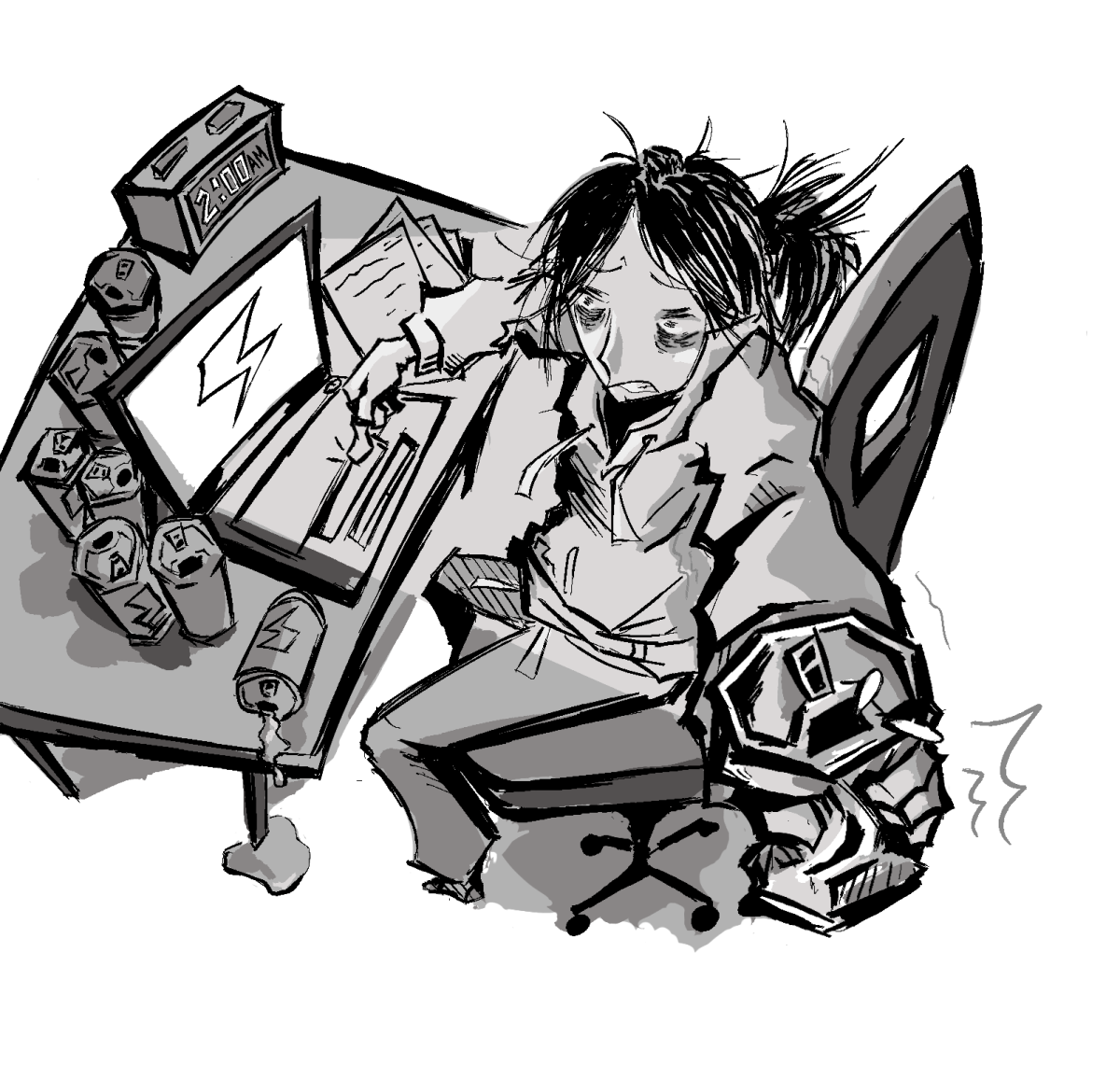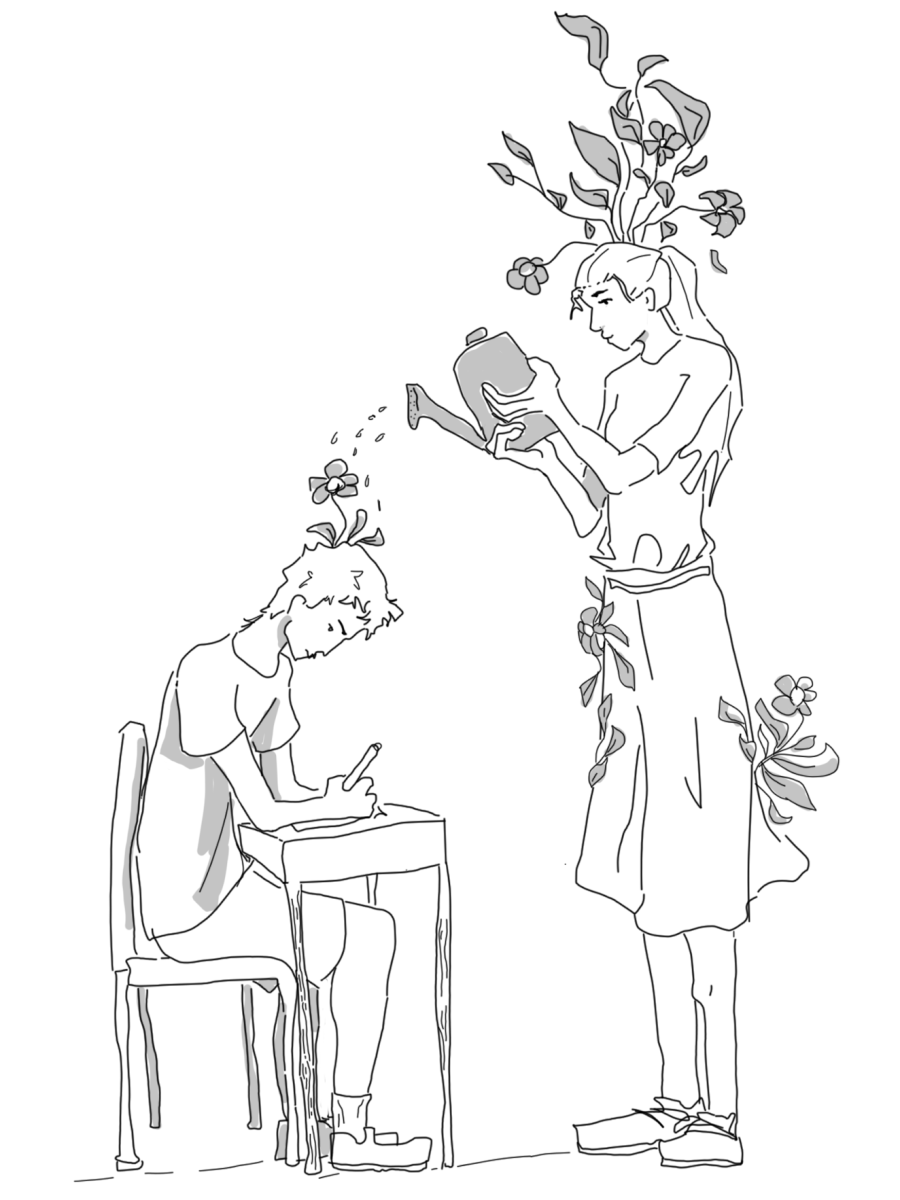Student media is about student’s voices—the publication staff knows this well. The more student voices, the better the publication. The more students work on said media, the more student voices are able to be featured. Unfortunately, this year, Paragon is short-staffed.
The math works out like this: the yearbook has 176 pages in the book, plus a 24 page magazine covering the spring. Each staff member takes a portion of these pages. Paragon currently has only five members, meaning each staff member has a large number of pages to work on each monthly deadline.
Less staffers have brought several changes to the machine of Paragon: there were once enough staff members to do much more in-person reporting, now its nearly impossible for one student to track down over a dozen students. The staff often have to rely on surveys and Google Forms—and emails have to be sent multiple times for any sort of answer.
Publication’s adviser, Sarah-Anne Lanman, has taken over a part of Paragon’s work to try and take some of the burden off of the staff members. She dislikes this, noting how it’s taking the student out of student media.
If you’re reading and wondering why this matters, that’s understandable. Paragon is overlooked more throughout the year compared to Crier’s consistent issue schedule. You think about it when you collect your book in May, and that’s it. There’s no need to think about a book of pictures and words about the school year until the school year is over.
By that point, it is a tradition that has aged well. You get to see the entire year as it’s been, reminisce on the past, or hunt for pictures of you and your friends for the pride of it. Then you go around with sharpies and pens, and write messages or doodle pictures on the covers of other people’s yearbooks.
It’s easy to pretend the yearbook is some magical fantasy book that appears every May from nowhere. But it’s not. Paragon is made by students throughout the year, by students willing to give a class period and time after school to make sure the tradition is maintained each year. The staff members take photos, talk to students, and build pages for the yearbook because they’re passionate and proud about it. It’s the yearly labor of love, a show of devotion.
But if no new people sign up to replace the graduating seniors, this love letter might run out of ink.














